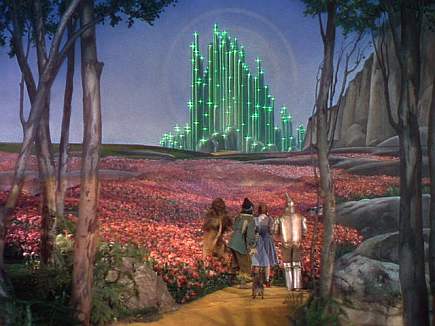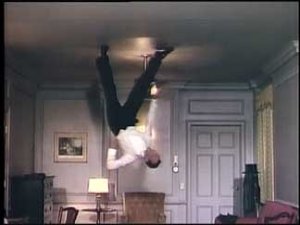The first time I saw Jack Lemmon was in Grumpy Old Men. The first time I saw Don Ameche was in Cocoon. Love Affair for Hepburn, The list goes on with classic stars in 80s or 90s films- and growing up I never really bothered to look at the careers that preceded those and the kind of hallmarky made-for-TV movies a lot of greats ended up in in their later years.
Since I've been old enough to appreciate them, I've always wondered if working through these people's filmographies backwards makes it a different experience for me than those who saw careers play out. Do I appreciate Philadelphia Story more after being introduced to Hepburn as a very old woman? Or would I appreciate some of them more if I'd witnessed the struggle thru bit parts and supporting roles?
It seems already knowing who made a lasting impression on our culture after the fact makes them even bigger than they were in their heyday. The folks then couldn't have dreamed we'd still be talking about Buster Keaton almost a hundred years later, or known the credit and admiration these golden age actors would still receive in the 2010's, right? Or about Bob Hope posthumously hosting the Oscars and being the highlight? I can never decide if i missed something or had the advantage.
















































